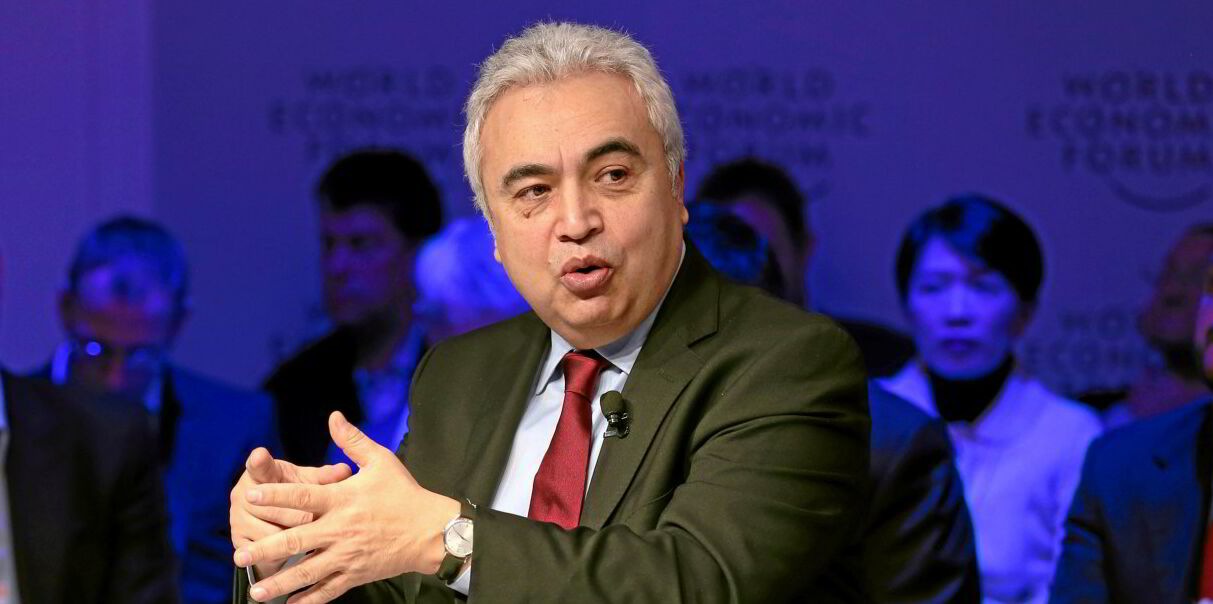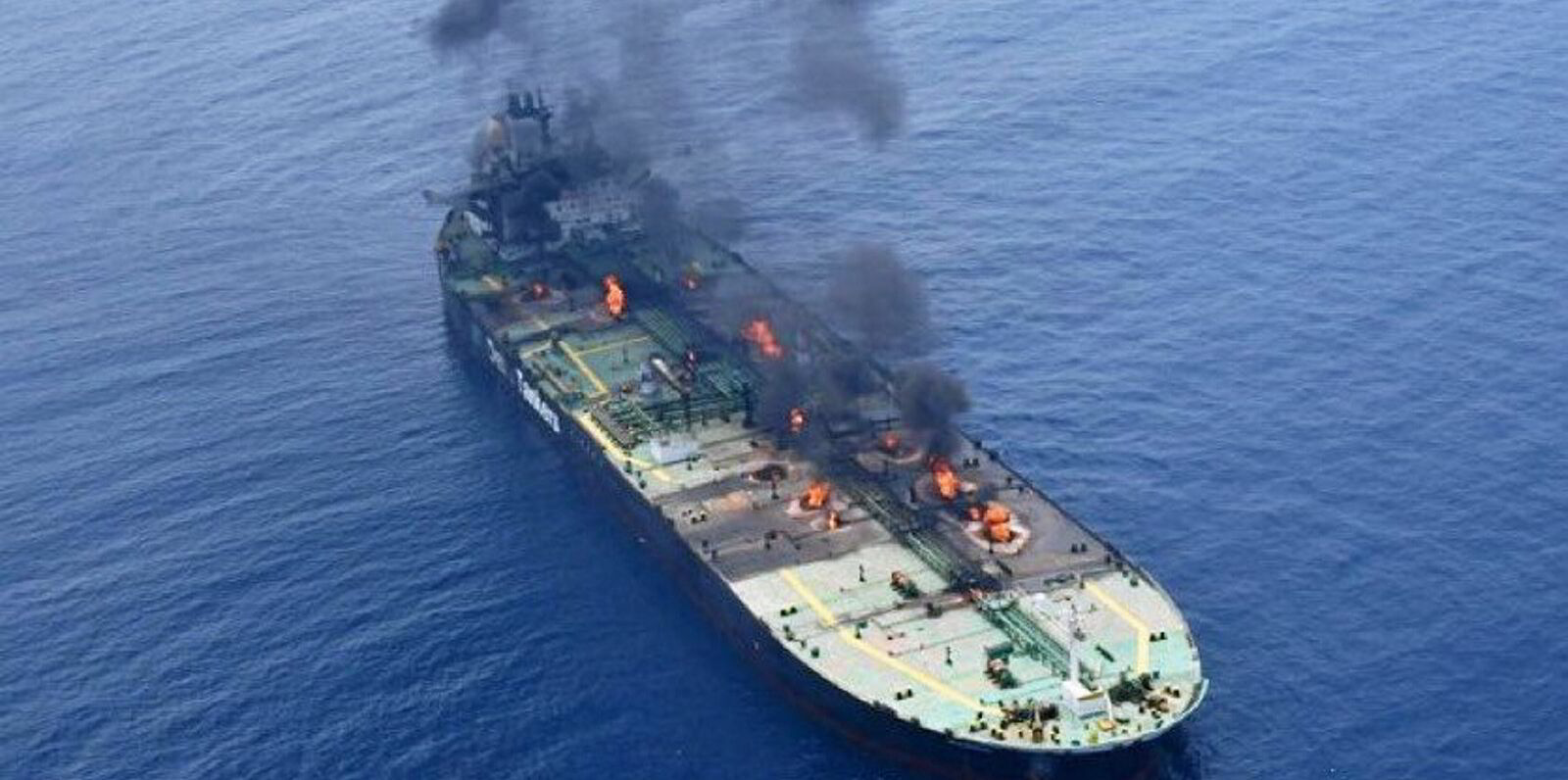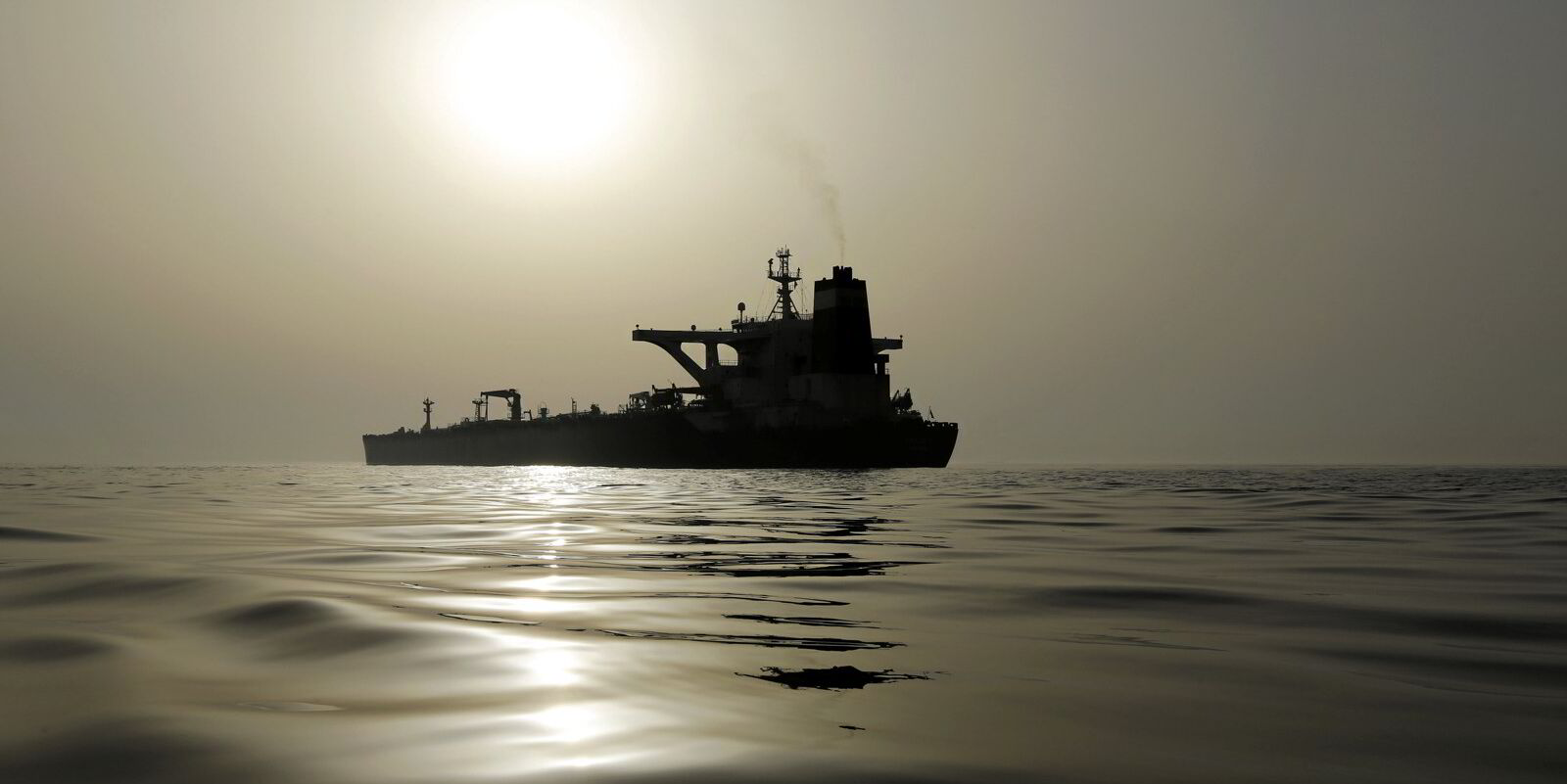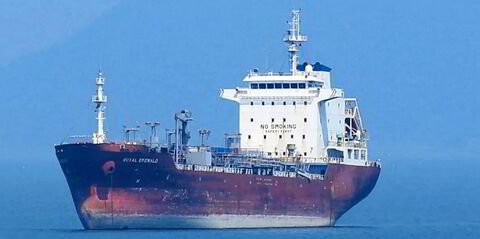A complete stop to Red Sea transits would sharply increase bunker demand as the knock-on impact of global conflicts affects shipping’s decarbonisation ambitions, the International Energy Agency warns.
Shipping’s demand for oil would be up 8% during the year because of longer voyage distances via the Cape of Good Hope combined with increased shipping speeds to meet delivery deadlines, according to the agency’s projections.
Its annual World Energy Outlook report warns that geopolitical tensions are exposing frailties in the global energy supply chain, which reinforces the need for a rapid shift to cleaner energy.
Attacks by Houthi rebels have reduced the number of cargo ships and tankers transiting the Red Sea by about 50% since December 2023, adding tonne-miles because of the longer voyage to Europe via the Cape of Good Hope, said the IEA.
Although the attacks are focused on US, UK and Israel-linked vessels, targets have included ships attached to fleets that have made Israel port calls and some that appear to have been attacked based on incorrect or outdated information.
“The journey from Singapore to Rotterdam by sea would be over 40% longer if ships could not pass through the Red Sea,” said the World Energy Outlook 2024. “This has implications for both activity and energy demand.”
A complete stop to traffic through the Suez Canal would add about 10% to tonne-miles, it said. The extra demand for fuel could be compounded by some operators increasing speeds, leading to an increase in oil demand of 330,000 barrels per day, according to the report.
That would represent an increase of about 8% on the 4.2m bpd used by the maritime sector, based on data from Opec. The IEA said marine fuels represent about 4% of the 103m bpd global oil demand forecast for 2024.
The IEA, a body whose 31-nation membership represents three-quarters of global demand, warned that the potential for short-term disruption to oil and gas supply is high owing to conflict in the Middle East. About one-fifth of global oil and LNG supplies flow through the maritime chokepoint at the Strait of Hormuz.
The report underscores how tensions and fragmentation of trading patterns are creating “major risks” for energy security and for joint action on reducing greenhouse gas emissions. But it still said the world is on track for low-emission sources to generate more than half of the world’s electricity before 2030.
IEA executive director Fatih Birol said: “In the second half of this decade, the prospect of more ample — or even surplus — supplies of oil and natural gas, depending on how geopolitical tensions evolve, would move us into a very different energy world from the one we have experienced in recent years during the global energy crisis.”

The report assesses the prospects of oil demand based on three scenarios: current government policies; stated pledges; and what is required to hit net zero emissions by 2050.
Under current policies, demand for international bunkers — which includes oil for marine and aviation — would continue to rise until 2050.
But demand would fall by 2030, with continued declines over the next two decades if shipping’s decarbonisation plans track the ambitions of the International Maritime Organization and the European Union.
The longer-term downturn in marine oil demand would also be supported by the electrification of cars and other forms of road transport, said the report.
Decreased demand from road transport in line with government targets “reduces energy demand from international oil tankers by 15%”, it said.
Among the major organisations providing oil forecasts, the IEA has consistently predicted the most rapid journey to “peak oil” this decade and subsequent declines in demand.
Opec has consistently made the case for increasing oil use. Its World Oil Outlook 2050 report released last month estimates that demand will hit 120m bpd. The report suggests marine bunkers will continue to rise from 4.2m bpd to reach 5m bpd by 2035 before levelling off.
Read more
- Tanker trips through hazardous Red Sea chokepoint plunge by more than half
- CMA CGM braced for $875m hit as French windfall tax offers new barrier to investment
- A $50trn risk: War game reveals how extreme conflict could hit shipping and snarl global trade
- Maersk chief warns of port ‘meltdown’ when Suez Canal reopens
- Wavelength podcast: Examining the US and UK funding plans for shipping’s transition




